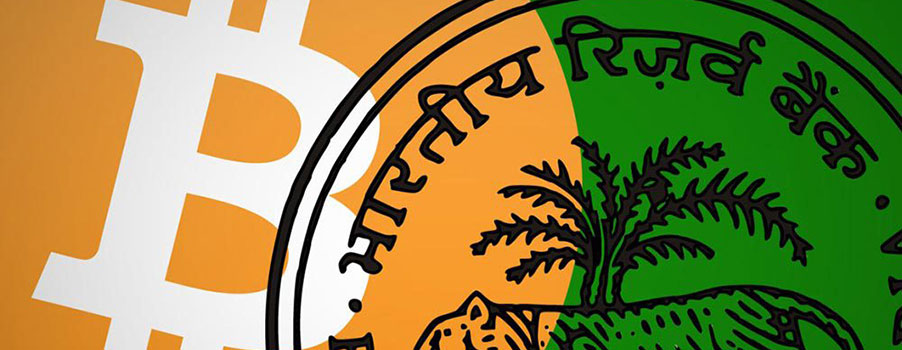It has been a month since the contracts of Las Vegas union employees expired and they have decided the best way to go about the issue is to apply new pressure to casino properties. This begun last Friday when the workers ran picket lines of hundreds of workers on Fremont Street in downtown Las Vegas.
Apart from the issue of better wages, the union workers also wanted the new contracts to address the increased use of robots in gambling establishments as well as the issue of security which has been amplified in the past few months following last year mass shooting at a casino complex.
“We want to make sure we’re not lost to the robots,” Linda Hunt, a food server at the El Cortez Hotel & Casino said. “We want to make sure that they don’t just show up next week — that we have some time to adjust and train for new jobs over the next five years.”
Panic Buttons Coming to Two Las Vegas Casinos
MGM Resorts International and Caesars Entertainment will be joining the increasing number of companies that have begun to provide their employees with panic buttons for use in case of emergency with more emphasis on sexual harassments or abuse. The rollout of the car-remote-sized panic buttons comes amid contract negotiations with the Culinary Union whose members have been vocal about worker protections.
“We are here to do our jobs and provide incredible, world-class customer service for our guests,” Maria Landeros, an MGM Grand housekeeper said in a press release issued by the Culinary Union. “We are not here to be abused or have people think that just because it’s Las Vegas, anything goes.”
“I was carrying a heavy tray full of drinks on the casino floor, and a high roller at the dice game grabbed me by the neck with both of his hands and forced me to kiss him for good luck,” she recounted during the release. “I have permanent nerve damage from that incident and I live in pain every day.”
The use of panic buttons is becoming increasingly common in hotels as a way of giving their employees more assurance of protection. In fact, a number of cities including New York, Washington D.C., Chicago and Seattle have made it mandatory for hotels to provide housekeepers and all other employees who are at a risk of harassment with panic buttons.
The new contract that has been negotiated by the Culinary Union and the Bartender unions includes language that calls for greater security measures for the employees. This includes safety, protection from sexual harassment as well as issues to do with immigration, the use of technology at their workplaces and subcontracting. In addition to all these, the unions also hope to get a share of the anticipated cash flows that the hotels and casinos expect to receive in response to changes made to federal government taxes.










